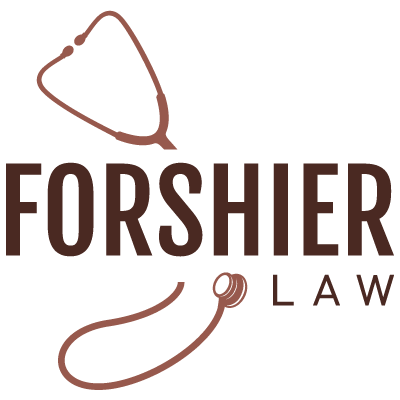What are the Common Causes of the Allegation of Diversion?
By Barbara Forshier on September 7th, 2022 in
Common Causes of Diversion
The allegation of diversion is a drug-related allegation. There are many reasons why a nurse might be accused of diversion. See common causes of diversion below:
- Discrepancies in your controlled substance administration and the amount wasted.
- Failing to scan controlled substances. Be sure to alert management if you have scanner problems and keep a copy of the email.
- Failure to document a pain assessment prior to administering medications and after as mandated by policy.
- Administering controlled substances where the patient did not previously need them. Be sure to document a note to support your administration. Often we see, “You gave morphine and this patient had previously only required hydrocodone or you were the only nurse that administered narcotics.”
- Frequently giving these medications on behalf of other staff. If you are the buddy nurse, sign in as such and put in a nursing note.
- Handing off something you have pulled from the medication administration system (“MAS”). It will show you pulled it out but did not administer it. You are responsible for anything you pull out. The best practice is ‘if you pull it you push it.’
- Always make sure you have a witness for your waste and always actually watch when you are the witness.
- Waste before administering if you know your dose. If you are titrating, be sure to waste in close proximity to the last administration. If there is no other nurse around, call the pharmacy or your supervisor to waste. Do not put it off. You may forget and that looks bad.
- Administer the medication as soon as possible after removing it from the MAS. Many facilities have policies on the timeframe it must be given after administration.
- Do not put medications in your pockets.
- Do not pull out for more than 1 patient at a time.
- Know and follow your facility policies and procedures related to all controlled substances.
Should I Admit to my Employer that I Diverted?
While it may seem like the right thing to do, it could pose a big problem later. Cases of diversion must be reported to local law enforcement and also the DEA. Nurses are often held criminally accountable for diversion. This will most likely be a felony with very serious consequences. You have the right to remain silent. This will be your best response until you speak with a criminal attorney. Make sure your criminal attorney is aware that some felony convictions will impact your ability to work. This is a complex statute in addition to your license issue. You could potentially need both a criminal and nursing license attorney in order to defend both your freedom and right to practice. If you require consultation with a nursing license defense attorney, contact Barb Forshier of Forshier Law today.
